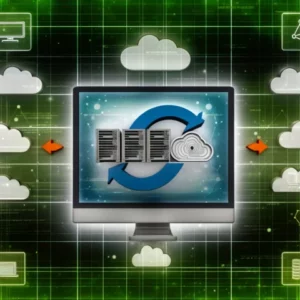By all accounts, both Chromebooks and laptops look simply the equivalent with the same design, component, and build; however, Chromebooks are a totally different variety that is altogether different from your ordinary laptops and everything’s Google. Laptops have reliably been the undisputed lords of portable PCs until Chromebooks went into the picture. Chromebooks are another scope of quicker yet budget-friendly laptops with a lighter operating system. We will cover all aspects of Laptop vs Chromebook in this article.
They run on the skinned version of the Chrome internet browser rather than Windows or Mac OS. In spite of the OS, it can do in a real sense all that like watching and streaming videos, listening to music, editing photos, browsing Emails, and then some. As it runs the greater part of the apps to leave the cloud, it’s essentially Internet-based very much like the Chrome browser. Fundamentally it’s a soap-up version of the Chrome browser design to be utilized while associated with the internet.
What we will see here?
Understanding Chromebook
Chromebook is one more sort of budget-friendly laptop that runs on Linux-based Chrome OS, which is intended to be used with an Internet connection. They are altogether different from laptops with a totally different OS by and large, very much like Android. Chrome serves its fundamental needs really well and it’s basically mobile, thinking of it as’ an online-just machine that does the greater part of its work in the cloud. Hypothetically, it’s a normal laptop with fewer bells and whistles. They are amazingly lightweight like ultrabooks that basically don’t need weighty processing power or a great deal of RAM. All things considered, they depend more on cloud services and Google apps to function. In basic terms,
“Chromebook is a reasonable laptop that runs on Chrome OS rather than Microsoft Windows.”
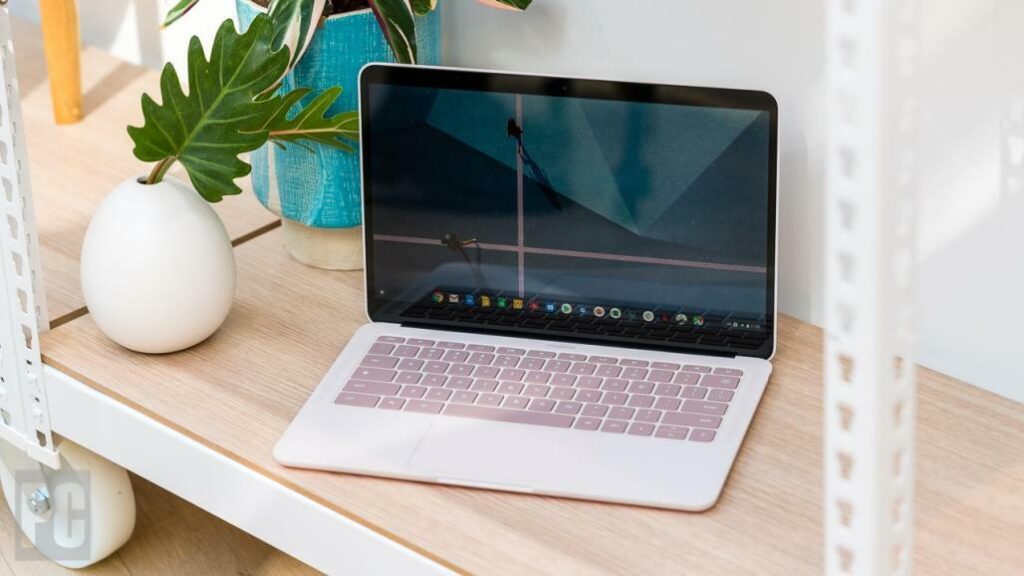
Chromebooks are amazingly famous in education circles, thanks to their streamlined design and usability. Chromebooks can hardly replace your component-rich laptops, however, they are worth your each and every penny. The Chrome OS mimics the vibe of a Windows laptop with a comparable search button actually like the Windows Start button. What’s more, it’s amazingly lightweight compare with Windows and Mac OS. It has received everything from music and photos to Maps and offices. This provides you with the best of Google, Maps, Gmail, and Docs that are securely put away in the cloud. It adjusts with your Android-based devices. You should simply sign in with your Google account and get going with no extra setup required. What’s more, the most outstanding aspect; the Chromebooks are updating naturally so you need not stress over manual updates and downloads.
Are Chromebooks cheap?
As a result of the low hardware necessities of Chrome OS, not exclusively can Chromebooks be lighter and more modest than the normal laptop. But they’re for the most part more affordable, as well.
New Windows laptops for $200 are few and far between and frankly, are seldom worth buying. Finding a decent $200 Chromebook, then again, is quite simple to do. And keeping in mind that spending more will improve build quality, more elements, or quicker performance, even these premium Chromebooks commonly start somewhere in the range of $400 and $500. However can undoubtedly run more than $1,000 relying upon your necessities.
With Windows laptops, you normally need to spend $700 or more to get a thin, lightweight model with fair execution and battery life. The model that will hold its performance for quite a long time to come.
Do Chromebooks need an internet connection?
At the point when Chromebooks were originally dispatched they fundamentally became paperweights when they were offline. The main problem is if you were sincerely busy editing a significant document you unexpectedly couldn’t save on the grounds that your web connection dropped. Things have fortunately improved as Google improved offline capabilities and normal apps like Netflix, YouTube and Spotify have offline choices too.
For a standard laptop, being offline is to some degree less of an issue since you’re using installed software that recuperations to inward capacity. While neither one of the experiences is incredibly offline nowadays, Chromebooks are not an extraordinary decision if you’re not willing and ready to be online more often than not. On the possible addition, Google has made it uncommonly basic for Android users to change their phones into moment mobile hotspots and to have Chromebooks and Android devices work better together.
Understanding Laptop
The laptop is a portable personal computer with a more modest structure factor. It has every one of the abilities of a full-sized desktop computer, however is little enough for simple to utilize mobility. It’s a little version of a computer controlled by a battery and with an on-screen keyboard, trackpad, and a trackball, which is in fact a mouse. In contrast to Chromebooks, laptops run on Windows OS and Mac OS. It’s equipped with every one of the functionalities of a personal computer, which means it essentially runs similar software and apps. Notwithstanding, laptops will in general be more costly than personal computers. They are designed to consume less power and they typically run on AC power or batteries. For example, Li-ion, NiMH, and so on They accompany heavy processing power and loads of RAM to handle pretty much every assignment easily.
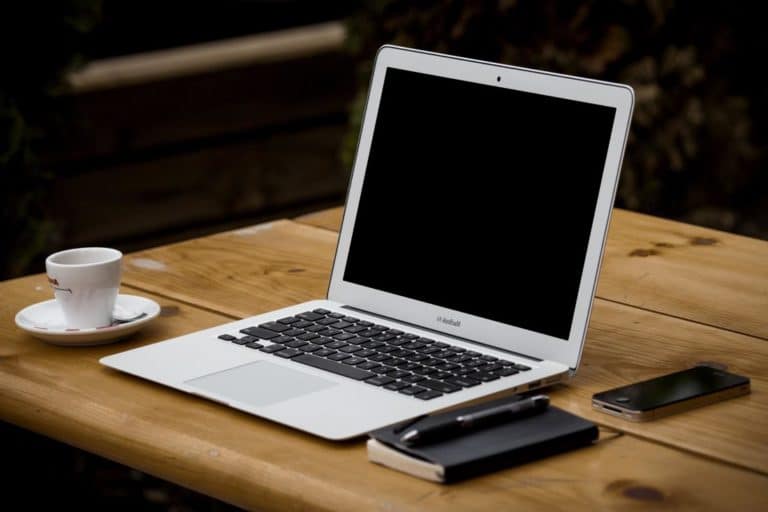
Chromebook vs Laptop
OS
The primary difference is clearly the operating system. Laptops normally run on Microsoft Windows or Mac OS which is a full-fledged operating system designed for a wide range of stuff. Chromebooks, then again, run on Google’s Chrome OS, which is essentially the stripped version of its Chrome internet browser.
Cloud
Chrome OS is essentially a Chrome web browser for certain additional functionalities and it depends on Google’s own services like Gmail, Maps, Docs, Drive, and so on Any laptop with a Chrome OS is a Chromebook. It doesn’t need substantial processing power or a great deal of RAM like laptops to work. Rather it’s cloud-based, which means apps and programs are put away in the cloud.
Storage
Chromebooks are designed essentially for online use, so specs don’t make any difference much as they do to Windows laptops. As everything is put away in the cloud and files are put away on Google Drive, they don’t need disk drives. All things being equal, it augments storage with SD cards or USB cards if important. Laptops have disk drives or high-performance.
Microsoft Office
The Microsoft Office suite can’t be installed on a Chromebook. All things considered, you can utilize Microsoft’s own cloud-based Word, PowerPoint, Outlook, Excel, and One Note on a Chromebook. Chrome’s local Google Docs and Sheets are the better options for Word and Excel. Not at all like Windows, Chrome OS doesn’t permit you to download apps; rather it depends on web apps.
Printer Access
Chromebooks can’t be straightforwardly hook up to a printer through a USB port or Wi-Fi network. All things being equal, you need to route your print jobs over the web utilizing Google Cloud Print. Chromebooks just work with Google Cloud Print-ready printers.
PC Games
Chromebooks are not getting ready to run your cherished PC games like Call of Duty, Need for Speed, etc Laptops, of course, can manage games aside from AAA game titles which would require ultra gaming PCs.
Comparison Chart of : Laptop vs Chromebook
| Chromebook | LAPTOP |
| Chromebook is a new breed of laptops based on Chrome OS. | Laptops are smaller size desktop computers with all the bells and whistles. |
| It runs Google’s web-based Chrome OS which is primarily used when connected to the internet. | It runs on Microsoft Windows or Mac OS. |
| Designed for online use. | Designed for online and offline use. |
| Applications and programs are stored in the cloud. | Application is stored in the storage device. |
| Chromebooks don’t have disk drives. | Laptops have dick drives and Solid State Drives. |
| Loads faster than laptops with a minimum waiting period. | Loads a little slower than Chromebooks. |
Chromebooks vs Laptops :For College Students
Chromebooks as a blanket proposal for students apply more to more youthful users. Some college students will require more power for specific fields however, a college student could definitely write their essays and send their emails in Google Docs and Gmail with a little quarrel. If that is you or your child, that can make a Chromebook an extraordinary pick to set aside your money, and you will not need to lose sleep over a costly laptop getting lost or damaged.
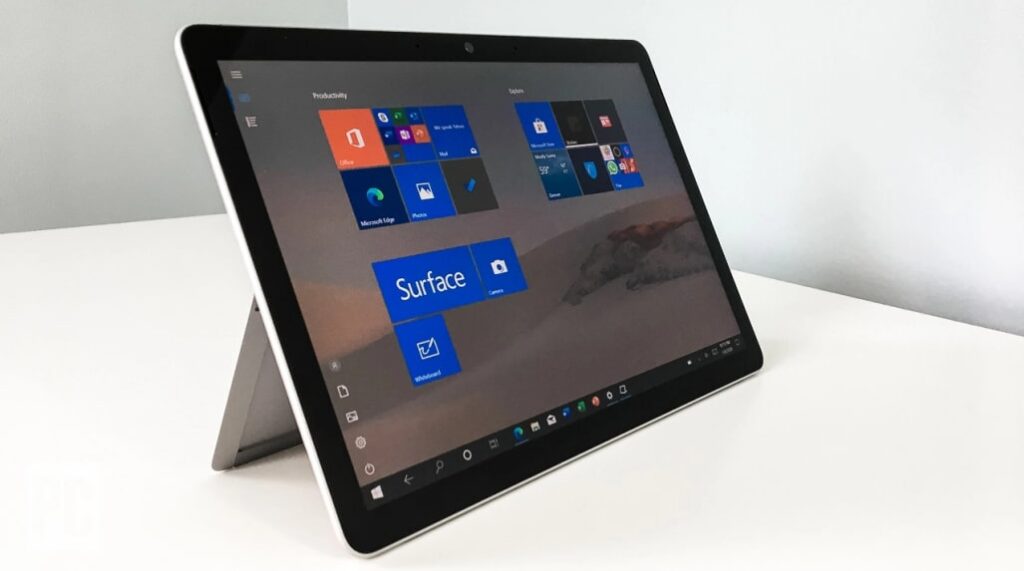
Different freedoms for understudies is a Chromebook as a secondary PC, a subordinate to an even more remarkable PC, or to a desktop. The astounding PC or Mac waits in the loft or at home. While the Chromebook goes to class and around the grounds.
Chromebooks vs Laptops: For Professionals
We wonder whether or not to suggest a Chromebook over a laptop for most experts as a one-off buy. Since Chromebooks needn’t bother with much power, and to hold the expense down, those entry-internal level inner parts like the lesser CPUs, lower memory will make business undertakings more difficult.
There are most certainly a few positions where you could pull off a Chromebook (once more, any individual who leans basically on Microsoft Office for work). Yet, you could run across some little issues with a couple of assignments and IT requirements. We’d run with the sort of laptop that your IT group suggests and supports. All things considered, HP and Dell have begun to bring to the table Chromebooks for business undertakings.
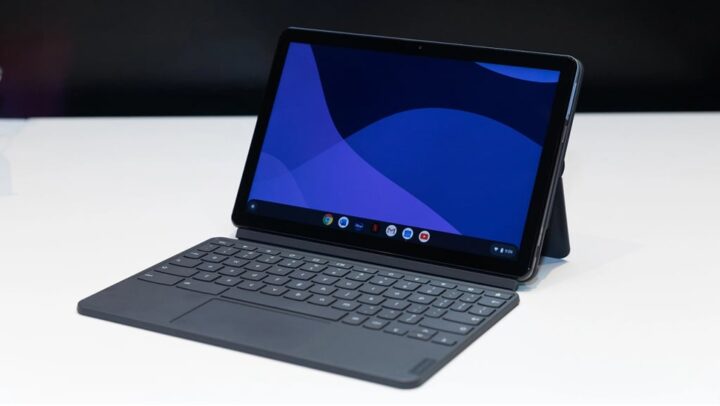
Likewise, there’s a lot more extensive array of software accessible on Windows or macOS that may basically make a Chromebook a non-starter for certain experts.
You can’t install restrictive projects your job might give, nor any genuine strength media-creation or – editing programs, as you can on different laptops. You’re restricted to websites and the significantly more simplistic choices on the Google Play store, which will cramp the style of numerous business users, artists, and others.
Should You Buy a Chromebook or a Laptop?
Getting a laptop used to be genuinely clear. It was a decision between a Windows laptop or MacBook, with well-established reliability to each. Today, the two are apparently a lot nearer than at some other time, and a more forward-thinking challenger has entered the ring – the Chromebook.
With their less expensive costs and basic approach, Chromebooks are turning into a smarter decision than “regular” laptops. Truth be told, except if you need to run a specific program that is just accessible on Windows or Mac, we’d argue a Chromebook is the best buy. They’re likewise very secure, which will assist with ensuring that you’re not the victim of a security breach.
More registering happens online, instead of on your computer itself, nowadays. Your email account? Adjusted by means of the cloud. Your documents? Backed up to Google Drive or Dropbox. Your music and videos? Streamed, not downloaded. Chromebooks are ideal for this “always-online” approach, and they’re such a ton less expensive than Mac or Windows choices.
Conclusion
The fundamental difference between Laptops vs Chromebooks is obviously the operating system. While laptops run on the most famous operating system Windows, Chromebooks run on web-based Chrome OS, which is essentially a cleaned version of the Chrome browser for certain additional functionalities. While both appear to be identical, by all accounts, they have significant differences as far as specs and performance. One of the numerous viewpoints that clearly separates a Chromebook from a laptop is that it utilizes the cloud and is essentially intended for online use. Chromebooks that entered the opposition not very far in the past aren’t a great fit for everybody.








